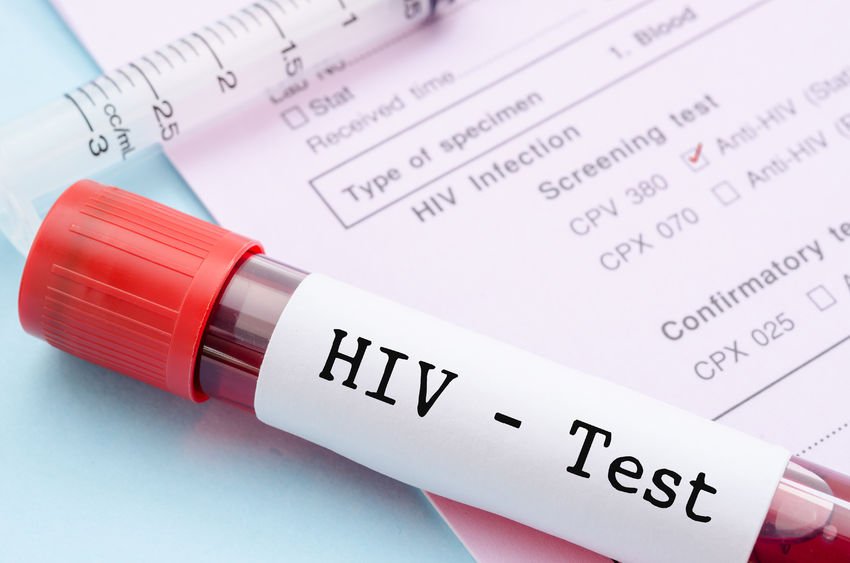
Early Signs of HIV – Things You Did Not Know
Symptoms of HIV are similar in men and women. However, they vary in individuals. The earliest stage is about 2-4 weeks after you get the infection. You may suffer from flu. This indicates your body’s response to the virus. The flu may last a few weeks.
These are the early signs of HIV in women and men. It is good to see your doctor when you get these symptoms, in case you have had unprotected sex a few weeks before. Undergoing a test can help to detect the virus through the antibody test.
Symptoms of new infection
- Fever
- Chills
- Fatigue
- Aches in muscles
- Sores in mouth and/or genitals
- Sore throat
- Rashes
- Swollen lymph nodes
- Night sweats
Many people get no symptoms.
However, as doctors put it, you mustn’t wait for symptoms. You know you had unprotected sex with somebody who is not tested. So, you must visit a STD clinic and undergo a test.
You can infect others
One of the important reasons to undergo HIV test in the early stage is to prevent spreading the infection. The early stage is the highly contagious time. So, it is not just for your own health; it is also for the health of your partner that you must get tested on time.
The “clinical Latency stage”
This is the stage after you get the early flu-like symptoms for the first few weeks. The virus will begin to replicate in your body. At this stage, you won’t see any symptom. You may think you have become fine.
On the contrary, your condition is getting worse!
Doctors call this stage as “clinical latency stage” or “chronic HIV infection” or “asymptomatic HIV infection.”
Life with chronic HIV infection
People on daily anti-retroviral drugs can stay in the chronic HIV infection stage for decades, yet live a normal and happy life.
The trick is to manage the disease well. This can happen when you undergo HIV screening test on time and take appropriate treatment under the supervision of doctor. This reduces the risk of spreading the infection to others.
People with chronic infection must be frank about their condition with their sex partners. Please do not hide your condition. Be mature and responsible. Use a condom every time you indulge in sex. It is important to use condoms correctly and of good quality, advise doctors.
The last stage of HIV
This is AIDS – one of the most dreaded 4-letter word of the world.
AIDS (Acquired Immune Deficiency Syndrome) is the last stage of HIV. It features a severely compromised immune system. The patient’s body is attacked with multiple or frequent infections, as the immune system is not strong enough to fight back. It also becomes hard to cure the infections.
According to doctors, a person is diagnosed with AIDS when his/her CD4 cell count is below 200 cells per mm3 of blood (cubic millimeter of blood).
However, as per CDC (Centers for Disease Control and Prevention), people who are HIV positive pose “effectively no risk” of spreading HIV infection in case their viral load in blood shows a consistent measurement of less than 200 copies of HIV per ml of blood.

No Comments
Sorry, the comment form is closed at this time.